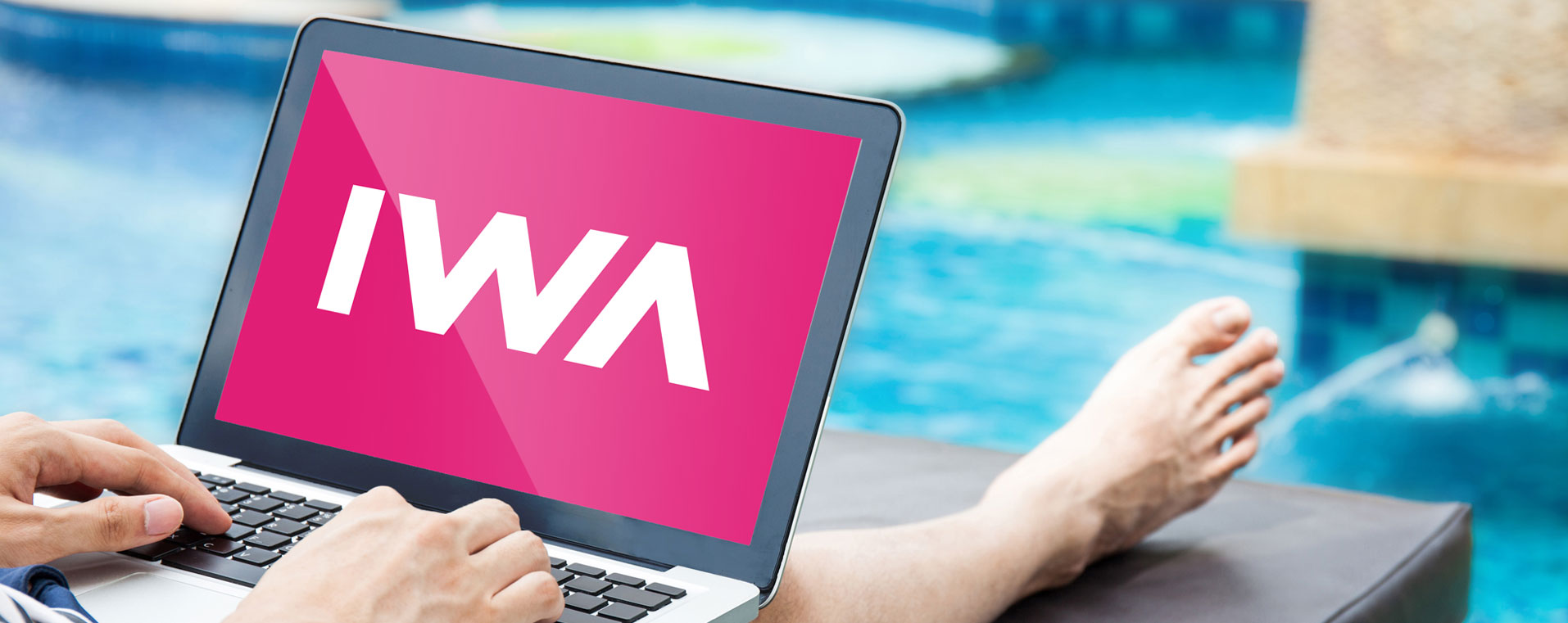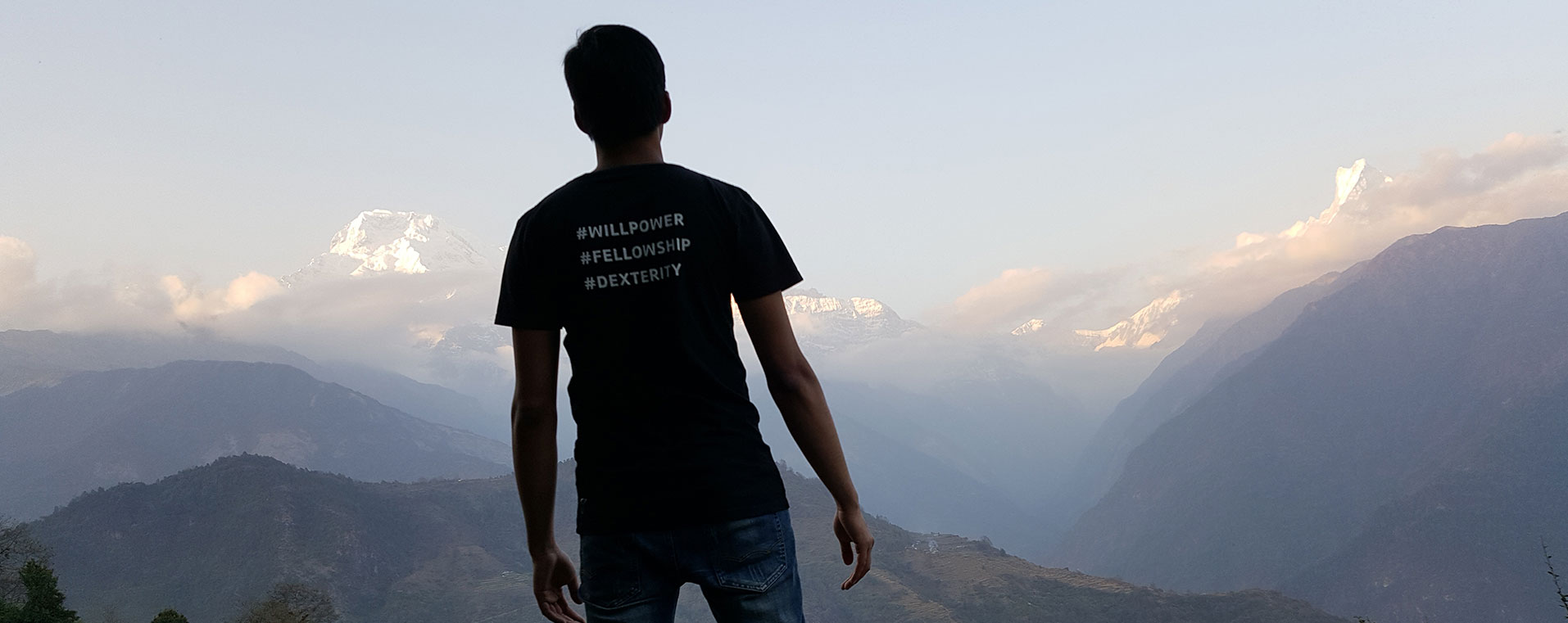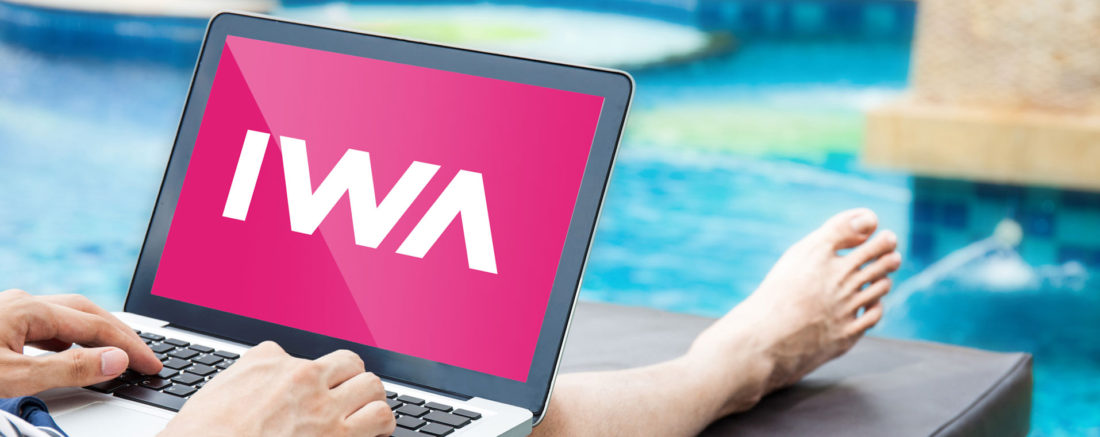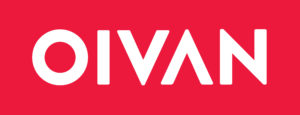Talent
Tips for Managing Remote Work

By IWA
26.04.2018
Since starting IWA in 2009 we have worked with a decentralized remote work model. This means our employees are free to choose whether they want to work at either our Helsinki or Thailand offices. Nowadays we also have a remote office in Abu Dhabi and a project team working in Saudi Arabia. We have also rented a winter-office-on-the-beach in Thailand for a couple of years now. This year we went to Hua Hin and last year to Phuket.
We have learned many things along the way through working at not-your-typical-office-locations and renting remote offices. One of which is that you’d better make sure there are enough power outlets to accommodate all the various electrical gadgets and computers – this is not always a sure-fire thing in rental estates in the tropics.
The decentralized model has brought with it many unexpected benefits. Here's a collection of some from our many years in the trenches:
1. Travelling broadens the mind
Our employees have the opportunity to work in freezing temperatures in Helsinki or under the sunny skies of Thailand. This maximizes work motivation and the perceived meaningfulness of work. A very good example of this is Tiia Tamminen’s recent blog post.
Also, employees visiting different remote work locations are taken into consideration. If an employee from Thailand comes to work at our Helsinki office in the middle of the winter, we will figure out all sorts of wintery things to do in their spare time. We will also familiarize them with Finnish customs and culture. Where Thailand is very interesting to people from Finland, Finland is also interesting to people from Thailand or other countries. Just walking in a Finnish forest is an exotic experience for many of our foreign employees.
2. Time difference can be useful
The four- or five-hour time zone difference between our Thailand and Helsinki offices has given us a surprising competitive edge: The time zone difference accommodates for a quick and “always-on-the-clock” customer service for our clients. When the work day is just beginning in Finland, our people in Thailand have already had hours to get involved in our clients’ challenges.
3. Proper communication is extremely important
The decentralized remote work model brings with it many challenges related to peer-to-peer communication. It’s not always possible to have face-to-face meetings or conversations when employees are working from various remote offices.
Solid practice has taught us that the right communication tools and methods in the correct place are the best medicine for communicational challenges. If we can’t meet face to face, then video meetings are the best way to go. Also, phone or Skype conversations have their place. In continuous fact-based communication the best tools for the job are instant messenger apps and project management tools.
A decentralized model necessitates special attention for creating fellowship and social cohesion in the workplace. We have a habit of organizing our weekly meetings every Wednesday with all of our employees simultaneously in Helsinki, Thailand and in the Middle East. The whole event is handled via video conference. Everyone is present and offered a free breakfast or lunch.
4. Time tracking and commitment is continuous
In the decentralized model the processes and tools are key from the standpoint of the perceived meaningfulness of work. We have a time tracking system which allows flexi-time at work. Surfing or golfing sessions in the morning can be easily compensated by filling in your hours later on. It’s also easy for us to see whether our projects are on schedule and within budget.
Rewarding our employees is also important. In addition to a paycheck that can develop with added responsibilities and improvement we also have various project- and result-oriented bonuses. We have also offered our permanent employees the possibility of becoming a shareholder in IWA.
5. Collaboration with local companies and authorities is important
Working life, culture and legislation varies between countries and can be totally different to what we’re used to in Finland. Many times, it’s been challenging to recruit or get the needed work permits without collaborating with the local authorities.
It really pays off to collaborate with other foreign entrepreneurs at the remote locations. IWA’s participation in the Board of Investments foreign investments program in Thailand has helped us immensely in many challenging matters.

Interested in remote work at IWA? We have many opportunities whether you love the winter in Helsinki or the beaches in Thailand. The process is so simple, it’s beautiful: tell us what you’re good at and we’ll contact you.


